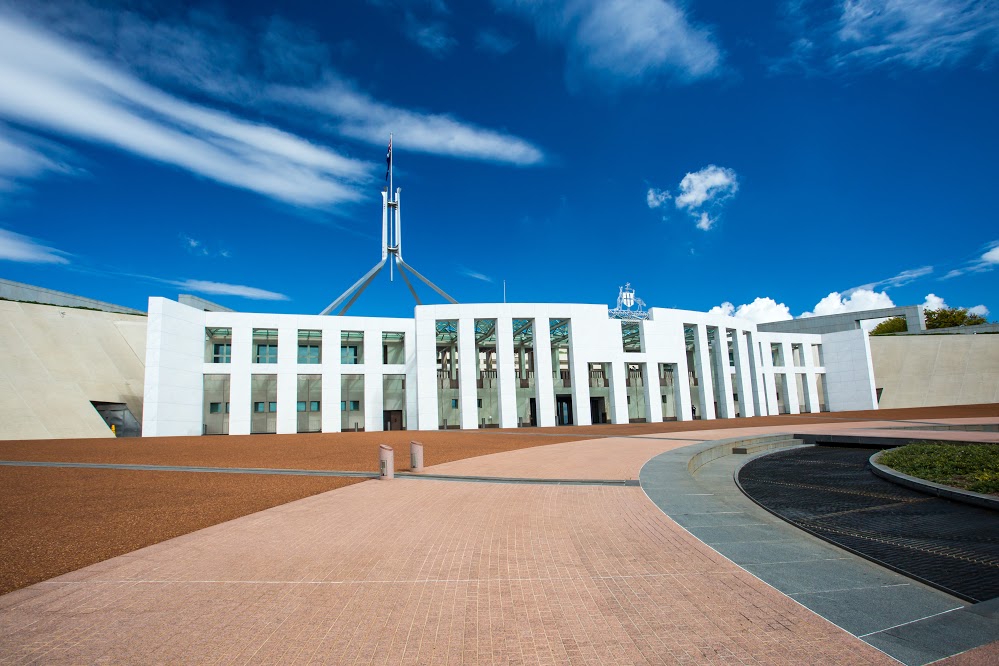Industry fund faces questions on soaring advice costs
An industry super fund has faced questions from a parliamentary committee around why advice costs charged to members have rapidly increased since the fund outsourced its services to the advice arm of the industry super lobby group.
Appearing at a House economics committee hearing on Friday, TWU Super faced questions from committee chair Tim Wilson around what he characterised as a “linear trend” in rising advice costs at the fund since 2010.
“In the past decade, for the average advice cost per fund member, we’ve seen an increase in the factor of four – why has there been such a rapid increase?” Mr Wilson said.
“Since 2010, the average cost has gone from $1.68 to $8, and it’s been part of a linear trend.”
TWU Super chief executive Frank Sandy said the fund had been responding to rising demand for advice from fund members by increasing the volume of simple advice offered through a centralised call-in service.
“The need for advice to our members has been increasing, so we’ve included more limited advice for people who call into our call centre – that’s limited advice as opposed to full advice,” Mr Sandy said.
He said advice had been offered as a “bundled service” through the fund’s previous administration provider, but that the outsourced service provider had recently changed to Industry Fund Services, the financial services arm of advocacy group Industry Super Australia.
The comments come following recent data provided to the committee by TWU Super around its intra-fund advice expenses, which revealed the fund paid $107,000 per year for the services of an outsourced intra-fund adviser.
The fund also came under fire from Mr Wilson in a recent committee hearing where he revealed questions raised in the 2015 royal commission into union corruption around TWU Super’s use of ‘super liaison officers’, who were paid to encourage TWU members to join the fund.
Existing union staff were employed in the officer positions and embedded at local TWU offices, with the fund paying between $63,000 and $164,000 per officer, the 2015 inquiry heard.
The fund was questioned at Friday’s hearing around the current connections between the union and TWU Super, and said that a number of fund staff still shared office space at existing union offices in NSW and Queensland, but were not otherwise affiliated with the TWU.








